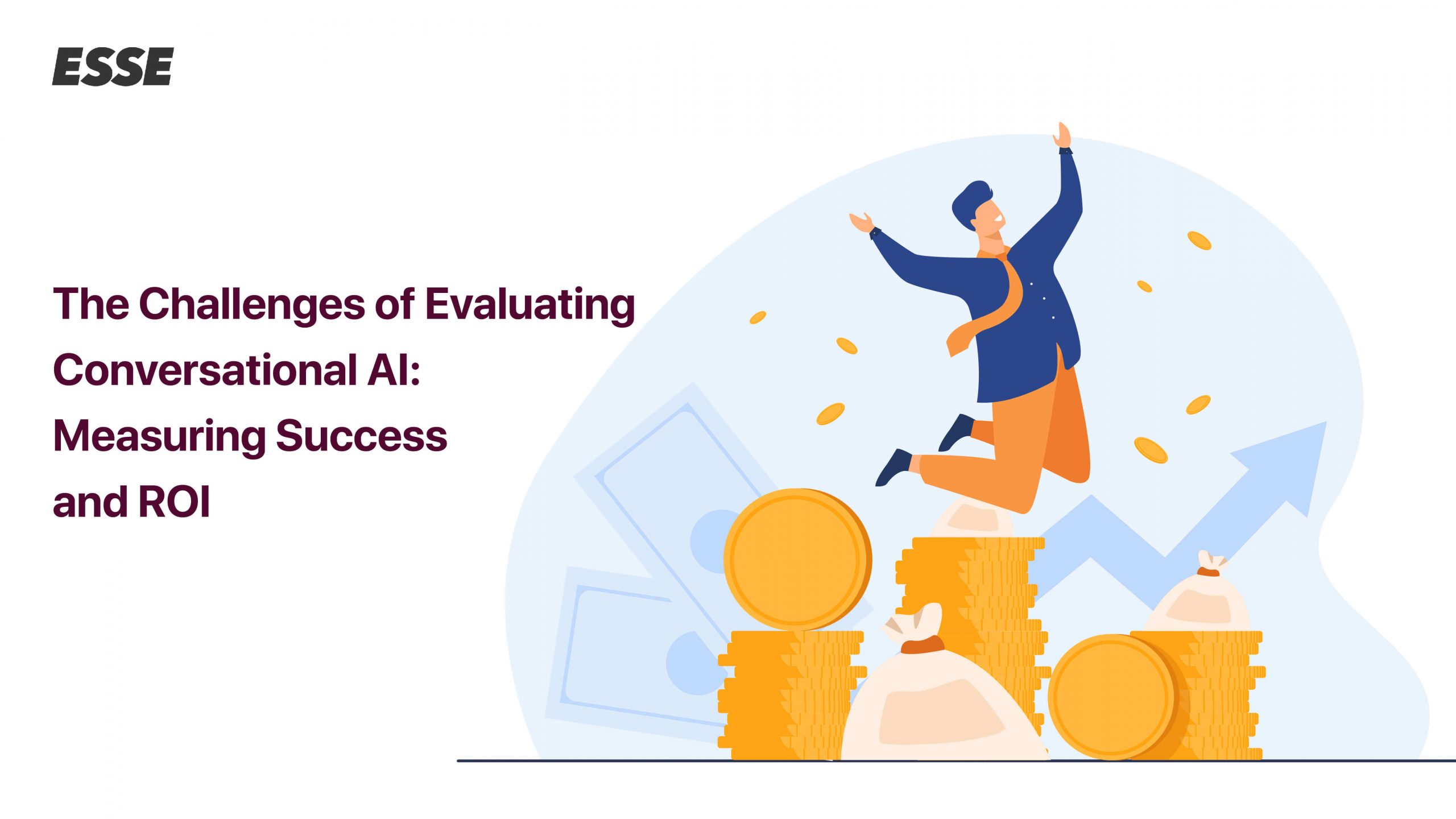As conversational AI becomes increasingly popular in the business world, it’s crucial to measure its success and return on investment (ROI). However, evaluating conversational AI is not without its challenges. In this blog post, we will explore some of the difficulties in evaluating conversational AI and strategies to overcome these obstacles.
The Challenges of Evaluating Conversational AI
One of the main challenges of evaluating conversational AI is defining metrics for success. Unlike traditional metrics such as website traffic or click-through rates, the success of conversational AI is more subjective. Additionally, determining the ROI of conversational AI can be difficult, as it’s not always immediately clear how it impacts a business’s bottom line.
Another challenge is the subjective nature of evaluating conversational AI. What one person considers a successful conversation may not be the same for another person. This subjectivity makes it difficult to compare the performance of conversational AI solutions across different businesses and industries.
Strategies for Evaluating Conversational AI
Despite these challenges, there are strategies that businesses can use to evaluate the success of their conversational AI solutions. First and foremost, it’s important to define clear goals and key performance indicators (KPIs) for the conversational AI solution. This allows for a more objective evaluation of success.
Additionally, businesses can utilize customer feedback and sentiment analysis to evaluate the success of their conversational AI. By analyzing the language used by customers during their interactions with the AI, businesses can gain valuable insights into the effectiveness of the solution.
Comparing the performance of a conversational AI solution against industry benchmarks is also a useful evaluation strategy. This allows businesses to see how their solution compares to others in their industry and identify areas for improvement.
The Future of Evaluating Conversational AI
The future of evaluating conversational AI is likely to be impacted by advancements in artificial intelligence and machine learning. As these technologies continue to develop, it may become easier to define objective metrics for evaluating the success of conversational AI solutions.
Additionally, there is a need for standardized evaluation methods across the industry. This will allow for more objective comparisons between different conversational AI solutions.
End Notes
Evaluating the success and ROI of conversational AI is a challenging task, but it’s crucial for the long-term success of the technology. By defining clear goals and KPIs, utilizing customer feedback and sentiment analysis, and comparing performance against industry benchmarks, businesses can begin to overcome these challenges. As the technology continues to evolve, standardized evaluation methods and advancements in AI and machine learning will likely make the process even easier.


Leave a Reply